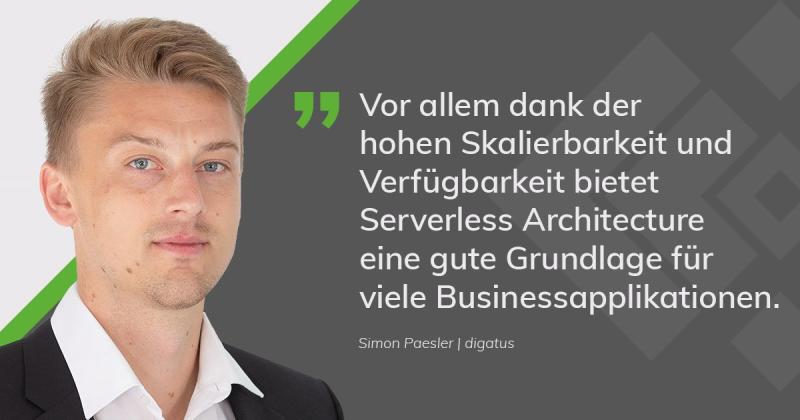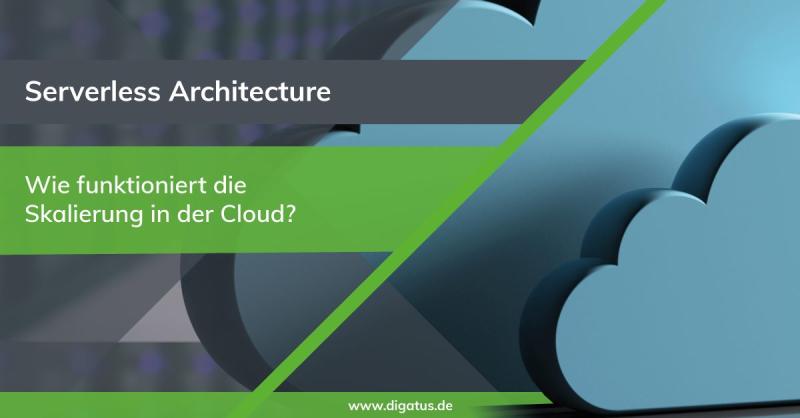Serverless Architecture – Analyse einer skalierbaren Cloud-Applikation Teil 2
20.05.2021Nachdem er im ersten Artikel zu Serverless Architecture eine theoretische Grundlage zum Thema geschaffen hat, steigt Simon Paesler im zweiten Teil nun etwas tiefer in die Technik ein.





